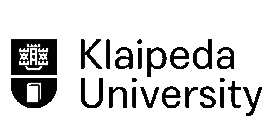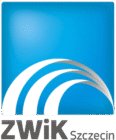ReCirkWater
ReCircWater addresses a pressing challenge for the South Baltic region: how to treat, manage and reuse urban stormwater so fewer pollutants reach the Baltic Sea and more water can be put to beneficial use.
The challenge
Stormwater and combined sewer overflows carry a complex mix of nutrients, metals, micro-pollutants (including PFAS), oils, PAHs and microplastics into waterways. Space constraints in cities, rising treatment standards and climate-driven extremes make conventional approaches harder and more costly – while water scarcity increases the need to harvest, store and safely reuse treated stormwater.
ReCircWater is working with utilities, municipalities, SMEs and research institutions in Denmark, Sweden, Poland and Lithuania.
The project will:
- Map legislation and current practices and build shared understanding across countries
- Co-create compact, multi-step treatment trains with utilities and SMEs and pilot them at selected sites (DK/SE/PL)
- Apply non-targeted screening to reveal known and unknown substances in discharges and evaluate removal performance
- Train and upskill utilities and municipalities through targeted workshops and a cross-border stormwater working group
- Disseminate results through practical guidelines, case studies and a final conference to support scaling
The project is co-funded by the Interreg South Baltic Programme 2021–2027 under the European Regional Development Fund (ERDF) and is approved as an Operation of Strategic Importance (OSI).
Read more on the project web page.










